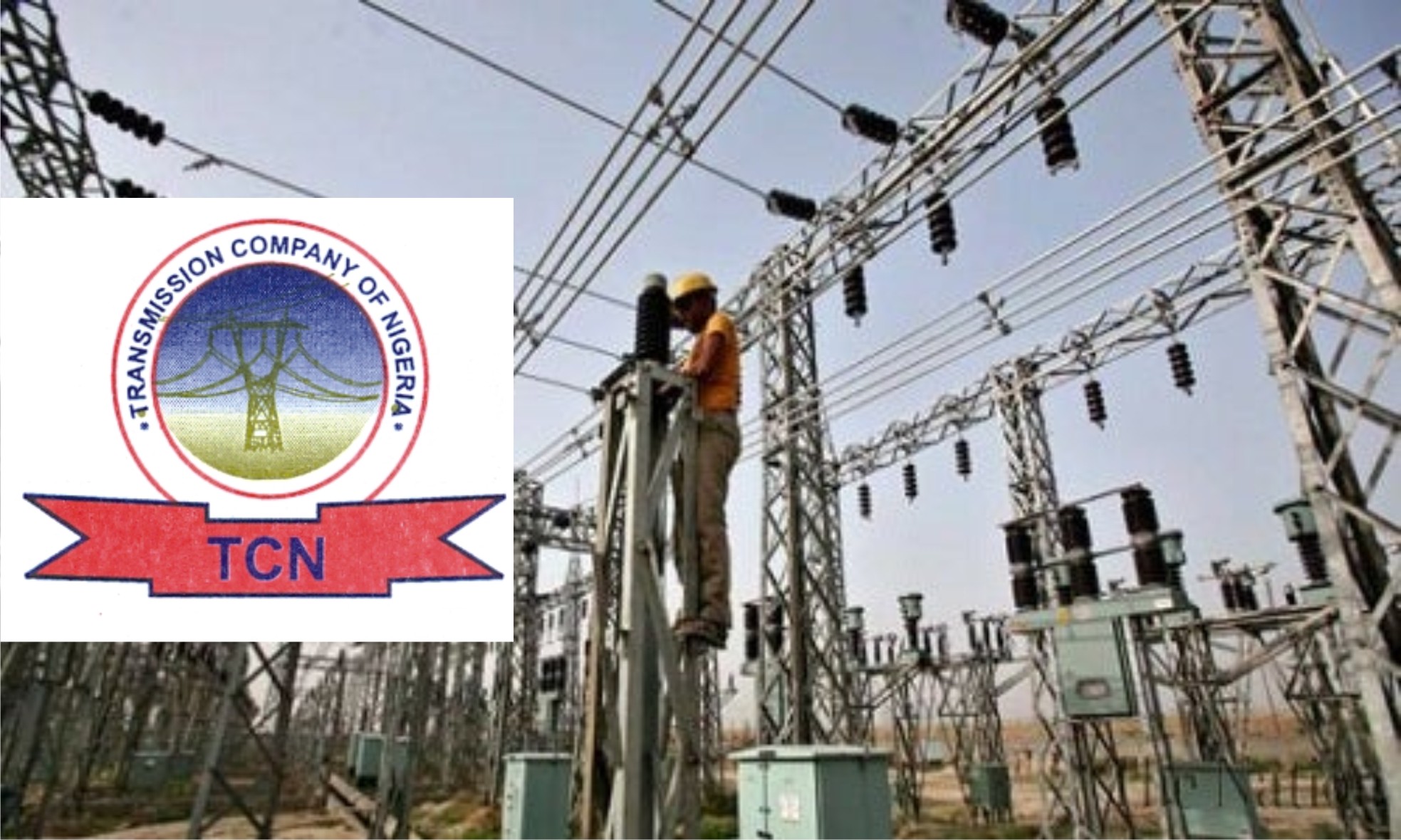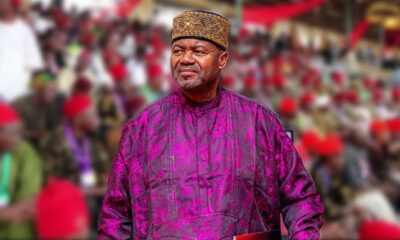Business
FG To Enforce Electricity Materials, Installations Standardisation
Minister of Statefor
Power, Mr Mohammed Wakil, has said that Federal Government was set to enforce quality control and standard of electricity materials and installations.
Wakil gave the assurance during the commissioning of the Remodeled National Meter Test Station and opening of the Technical Inspectorate Service Field Office in Lagos, recently.
The minister said that President Goodluck Jonathan had successfully reformed the generation, transmission and distribution sub-sectors, adding that government now focused on effective delivery of safe and reliable electricity supply to Nigerians.
According to him, “we are resolved to enhance consumers and investors’ confidence and certification through sustained inspection, testing and certification of electrical materials and equipment.
“Electricity materials should be of the high quality and specification; all categories of electrical installations, power systems and network must be properly planned, designed and exulted before use.
“Gone are the days of sub-standard equipment and installations which compromised safety of Nigerians. More pointedly manufacturers of fake power equipment are hereby put on notice.
“The long arm of law shall catch-up with those endangering lives of innocent citizens. Nigerians not only want adequate power supply but also safety and reliability”.
Wakil said that the significance of safety and quality control informed the establishment of Electricity Management Services Limited (EMSL), one of the successor companies established by law.
He added that the agency had grown from nothing to an emerging giant.
“I am happy to note that EMSL has, within this short period, achieved remarkable successes which included the re-modeled meter test station and others at Kaduna and Port Harcourt.
“The technical inspectorate service field offices of EMSL has detected defective power equipment in many zones,” he added.
The Managing Director, EMSL, Mr Peter Ewesor, said that the remodeled national meter testing station would be saddled with the roles and responsibilities of enforcement of technical and safety standard.
Ewesor said that others were technical inspection, testing and certification of all categories of electrical materials and equipment and electrical installations.
He said that in line with EMSL mandate and regulations, no electrical installation or network could be used unless it had been tested and certified fit for use by their engineers and technical officers of EMSL.
“Over 10,000 substandard meters have been rejected for not having anti-energy-theft protection. These types would have led to high commercial and collection losses for the investors.
“We have rejected over 5,000 meters having terminal connections that were out of specifications; this would have led to risk to workers and staff of the utility companies and possible burning of the meters on installations,” he said.
The Tide source reports that EMSL is a pivot part of the power sector that provides technical support service of enforcement of technical standard, safety and specification in the power sector.
Business
CBN Unveils NTNIA, NRNOA Accounts For Diaspora Nigerians’ Investment

Business
Diesel Price Hike: Manufacturers Opt For Gas

Business
TCN Debunks Grid Collapse, Says Lines Tripped

-
Business4 hours ago
Nigeria’s Power Generation Stagnates At 4,500MW
-
News2 hours ago
Rivers Dep Gov Bags Award
-

 Featured7 hours ago
Featured7 hours agoFubara Hails Mbata’s Emergence As President – General Of Ohanaeze Ndigbo
-

 Politics4 hours ago
Politics4 hours agoNASS Queries JAMB Over Spendings At Budget Defense
-
Rivers5 hours ago
LG Boss Presents Cars To Councillors, Transformers To Communities
-
News2 hours ago
Tinubu Appoints Folashade Adekaiyaoja As First DSS Deputy DG
-
Business4 hours ago
NERC Transfers Regulatory Oversight Function To NSERC
-
Nation2 hours ago
Police Arrest Fake Soldiers, Impound 296 Vehicles In FCT

